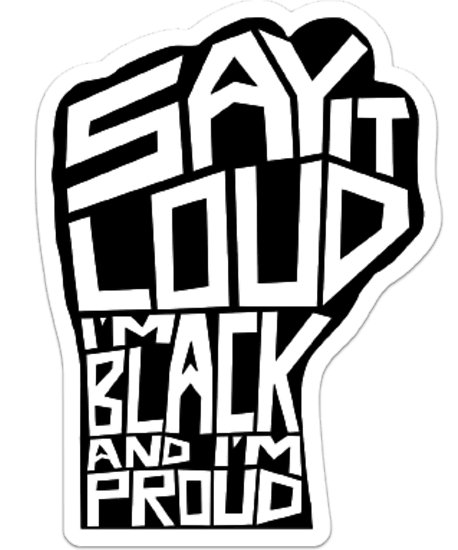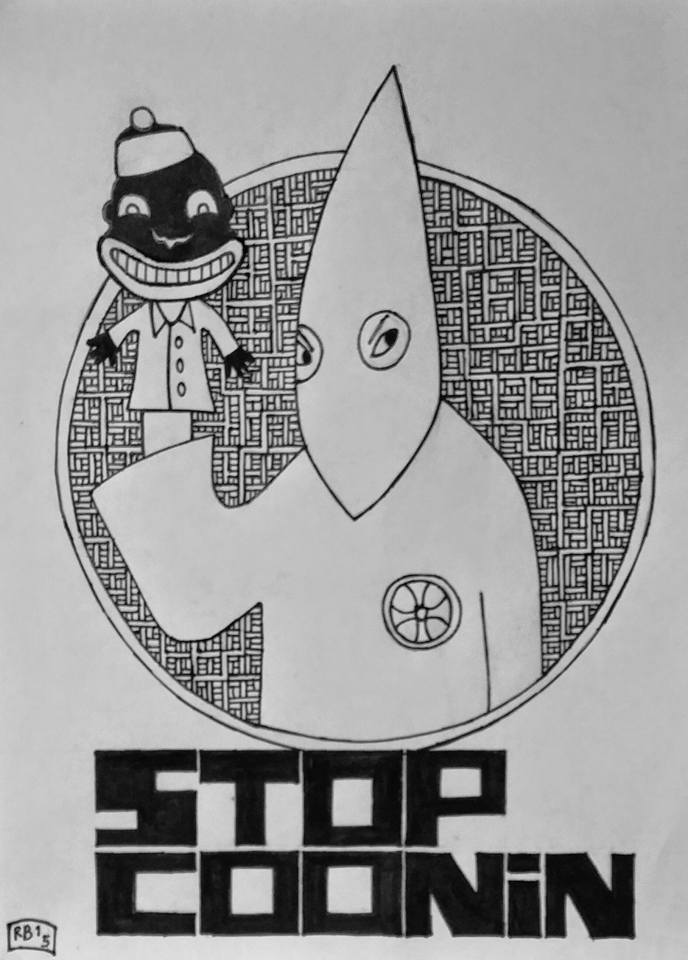What do HUD Secretary Ben Carson, Kanye West, Nicki Minaj, the Breakfast Club’s Charlamagne tha god, and ESPN’s Sage Steele have in common?
All of them, at some point, have been labeled by critics a sellout or an “Uncle Tom.” In his book Sellout: The Politics of Racial Betrayal, Randall Kennedy defines sellout as “a disparaging term that refers to blacks who knowingly or with gross negligence act against the interest of blacks as a whole.” In spite of the contentious title, Kennedy ends up almost defending perhaps the most commonly regarded Uncle Tom of our era: Clarence Thomas. He does this by examining the attributes of “racial betrayal” through such a narrow lens that very few can meet the criteria.
Nicki Minaj, in an interview with Funkmaster Flex, reassured Hip Hop fans not to worry that her new genre-bending songs like Starships signifies a crossing over to pop music. “This is who I am,” she stated. “I’m not going to change, I’m just adding on to my brand.”
No matter how much a music artist compromises her values, no matter how much a star-celebrity might turn his back on his people (i.e. OJ Simpson), or throw them under the bus (i.e. Bill Cosby / Charles Barkley), over and over again we hear these bigwigs deny they are sellouts. For this reason, maybe the terminology requires an update. Does the definition need to be changed?
Another question is: if The ‘Uncle Tom’ card is Dead, as Michelle Malkin suggests in her article, is it because people of color no longer share a common sense of solidarity?

Once regarded as a sacred concept, does “Proud to be Black” still mean anything? Is this what Dr. Aseer Ali Cordoba was suggesting when he asked his podcast audience: “Where does the white man end and you (Asiatic person) begin?”
Do you even care?
Michael Jordan, Tiger Woods, Oprah Winfrey, Barack Obama…the list of successful blacks who have been indicted as a ‘house negro’ is virtually infinite. This is nothing new. Certified leaders in the past like Marcus Garvey and Malcolm X were known to use this label for those who opposed their views. W.E.B. Dubois, Booker T. Washington, Martin Luther King Jr., and A. Philip Randolph are some of the names on this prestigious list. Aside from the pigment of their skin another common thread shared by the aforementioned is they all achieved a certain level of success. So is selling-out a necessary component of success? When discussing this with a friend, he pointed-out something interesting about the average black-white relationship: “Amaru,” he said with a knowing grin, “how many times have you seen a white girl with a broke black guy?” Before I could respond he answered his own question. “Almost never. Once in a while the brother might not be rich but he’ll at least be financially secure, if not well-off.”
In life, is being a sellout equivalent to being successful?
Realizing people have different ideas about what a sellout is, I asked some other folks their opinions. This, however, turned out to be a bad idea. At the first mention of the topic many became noticeably uncomfortable, and three people got angry before deciding they would not comment further.

One social-media network—a forum supposedly devoted to Black issues—has all but rescinded my membership: i.e. my posts are no longer “approved” by the administration. Why does this conversation rattle people so much? Professor Griff, of the legendary group Public Enemy, states that ambitious people in the mainstream are “seeking a comfortable place to reside within the system of racism/white supremacy.” Assuming this is true, it is easy to imagine why inquiries into the character of a sellout would make some people uncomfortable, and also why they might result in banishment from the “successful” social arenas.
In 1963, Malcolm X delivered a speech at Michigan State University entitled “20th Century Uncle Tom.” Like Randall Kennedy he gives a description of a sellout; but this is where the similarities end. Unlike Kennedy, Malcolm does not waste time using sophisticated, grandiose terminology to describe something so common. Instead, he gets straight to the point by explaining the dangers of “blind faith” and “token integration” before exposing the “Uncle Thomas” as one who “always wants to be next to the white man.”
Question: How does the description a sell-out in 1963 compare to the profile of the average “successful” black person in 2018?
“This modern, twentieth-century Uncle Thomas…is usually well-dressed and well-educated. He’s often the personification of culture and refinement. The twentieth-century Uncle Thomas sometimes speaks with a Yale or Harvard accent. Sometimes he is known as Professor, Doctor, Judge, and Reverend, even Right Reverend Doctor. This twentieth-century Uncle Thomas is a professional Negro—by that I mean his profession is being a Negro for the white man.”
Is it getting stuffy in here?

Takuan Amaru is the author of Gaikokujin – The Story.

